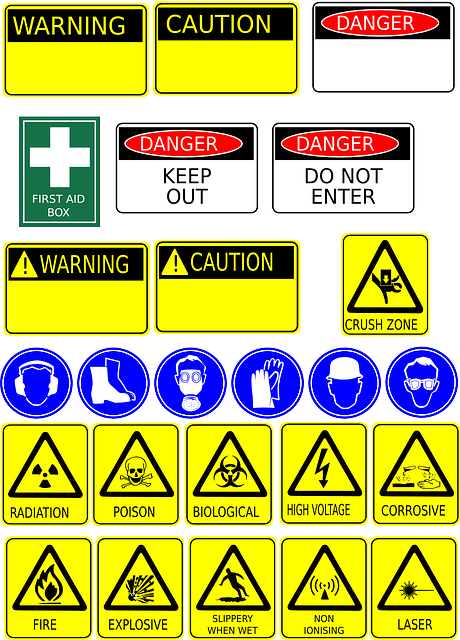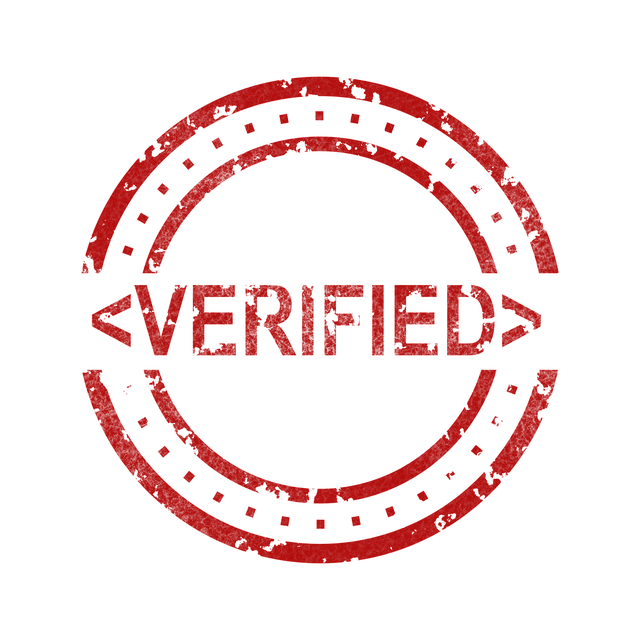Retail stores are enhancing customer safety and brand reputation through rigorous retail employee screening and background verification. This involves checking identities, employment history, education, and credentials to prevent retail theft, fraud, and violent crimes. Retail background verification is crucial for retail industry compliance and ensures staff integrity aligns with legal requirements. Key aspects include protecting customer safety, verifying retail staff credentials, and preventing security breaches. Effective screening fosters trust, safeguards assets, and maintains high standards in a dynamic yet high-risk environment.
In today’s retail landscape, prioritizing employee integrity is paramount for ensuring customer safety and maintaining competitive advantage. As a result, retailers are increasingly turning to robust background check processes, such as comprehensive retail employee screening and meticulous retail background verification, to mitigate risks associated with fraud, theft, and unauthorized access.
This article explores the multifaceted role of background checks in the retail industry, delving into their impact on compliance, credential validity, and effective retail theft prevention strategies.
- Understanding Retail Employee Integrity and Its Impact on Customer Safety
- The Role of Background Checks in Retail Industry Compliance
- How Retail Background Verification Ensures Staff Credentials Validity
- Preventing Retail Theft: A Comprehensive Approach with Background Screening
- Best Practices for Conducting Effective Retail Employee Background Checks
Understanding Retail Employee Integrity and Its Impact on Customer Safety

In the retail sector, ensuring employee integrity is paramount to maintaining a safe and secure shopping environment for customers. Retail employees, whether they’re cashiers, stock associates, or store managers, play a direct role in customer interactions and transactions. A robust background check process for retail employee screening acts as a crucial defense mechanism against potential risks to both customers and the business itself. By implementing thorough retail background verification, companies can mitigate issues like retail theft, fraud, and even violent crimes, all of which can significantly impact customer safety and trust.
Retail industry compliance demands that businesses go beyond basic hiring procedures. They must verify employees’ identities, employment history, education, and any relevant credentials to prevent individuals with malicious intent from gaining access to sensitive areas or handling valuable merchandise. Regular background checks help keep a step ahead of potential threats, ensuring that the staff’s integrity aligns with the company’s values and legal requirements. This proactive approach to retail staff credentials contributes to creating a welcoming yet secure atmosphere for customers, fostering their confidence in the brand.
The Role of Background Checks in Retail Industry Compliance

In the dynamic landscape of retail, ensuring customer safety and maintaining operational integrity is paramount. Background checks for retail employees play a pivotal role in achieving these goals by verifying staff credentials and mitigating potential risks. Retail industry compliance demands rigorous screening processes to prevent theft, fraud, and other security breaches. By conducting thorough background verifications, retailers can identify individuals with a history of misconduct or criminal activities, thereby safeguarding their customers and reputation.
Retail employee screening goes beyond mere verification; it’s about fostering a culture of trust and accountability. These checks help in understanding an applicant’s past, including their work history, education, and any legal issues. Such insights enable retailers to make informed decisions, ensuring that staff members align with the company’s values and contribute positively to customer safety checks. Effective retail background verification is not just a compliance necessity; it’s a strategic move to protect assets, maintain high standards, and enhance overall operational efficiency in an industry characterized by hustle and bustle and constant exposure to potential risks.
How Retail Background Verification Ensures Staff Credentials Validity

Retail Background Verification plays a pivotal role in ensuring the integrity and credibility of employees within the dynamic landscape of the retail industry. This meticulous process involves an in-depth scrutiny of a prospective staff member’s background, including their employment history, education, and personal references. By conducting such checks, retailers can validate the authenticity of presented credentials, thereby mitigating potential risks associated with hiring unqualified or dishonest individuals.
Moreover, these background checks serve as powerful tools for customer safety checks and retail theft prevention. They help identify individuals with a history of fraudulent activities, violence, or any behavior that could compromise the security of both customers and employees. Retail industry compliance demands robust measures to protect sensitive information and maintain a secure shopping environment, making comprehensive background verification an indispensable practice in the retail sector.
Preventing Retail Theft: A Comprehensive Approach with Background Screening

Retail stores face significant challenges when it comes to maintaining customer safety and securing their merchandise from theft. With rising inventory costs and competitive market pressures, preventing retail theft has become a top priority for many businesses in the industry. A comprehensive approach to security involves implementing robust background screening processes for potential employees.
Background checks for retail employee integrity play a pivotal role in safeguarding stores and their customers. By conducting thorough retail background verification, companies can ensure that their staff members are trustworthy and have no prior involvement in criminal activities that may compromise store security. These checks include verifying employment history, education, and most importantly, screening for any records related to theft or fraud. Retail industry compliance with strict background checking policies ensures that only qualified and reliable individuals are hired, thereby minimizing the risk of retail theft and fostering a safer shopping environment.
Best Practices for Conducting Effective Retail Employee Background Checks

Retail companies must prioritize background check integrity to ensure customer safety and maintain compliance in the highly regulated retail industry. Effective retail employee screening involves a multi-faceted approach that goes beyond basic employment verification. Comprehensive background verification should include criminal history checks, previous employer references, and educational credentials validation. By implementing robust retail background checks, businesses can mitigate risks associated with retail theft prevention and safeguard sensitive information.
Best practices for conducting these checks include leveraging advanced technology to streamline the process, ensuring adherence to local laws and regulations, and maintaining meticulous records. Retail industry compliance requires a proactive stance where every employee, from cashiers to managers, undergoes thorough scrutiny. This rigorous screening process not only protects customers but also upholds the integrity of the retail staff credentials, fostering a safer and more secure shopping environment.






